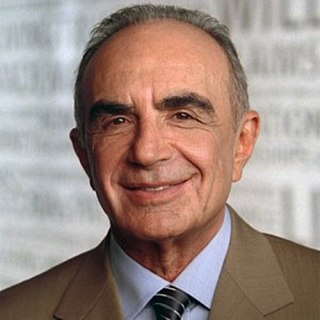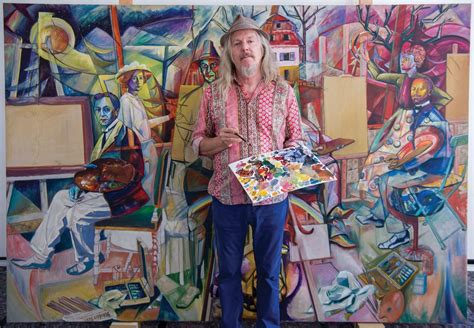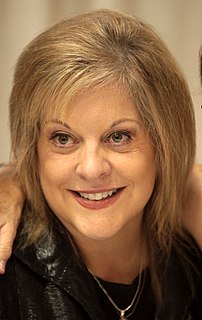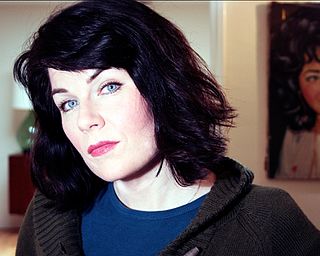A Quote by Martin Luther King, Jr.
Ordinarily, a person leaving a courtroom with a conviction behind him would wear a somber face. But I left with a smile. I knew that I was a convicted criminal, but I was proud of my crime.
Related Quotes
That it is not enough to catch a criminal and get them convicted and so on, because the victim remains with the consequences of the crime. Something needs to be done. Let's complete that process, interact with civil society about this, so that we will specify what is it that we do in the context of that Charter that would then make this positive impact on people who might have been affected by crime.
Feeling prosperous means paying your utility bills on time and with a smile on your face. Prosperity means not only giving to the homeless person, but having a smile on your face when you do it. Prosperity also means buying fresh produce with a smile on your face instead of buying day-old bread or bargain overripe fruit with a scowl on your face. Still more, being prosperous means tipping generously with a smile on your face when the waiter has given you great service instead of trying to stiff him with a mere percent, or worse, no tip at all.
Hailey [as a character] was born when I left the courtroom and moved to New York for Cochran and Grace, my TV show with Johnnie Cochran. I moved with two boxes of clothes, a curling iron, and $300; I didn't know a soul in the city, so I would come home at night and I'd be all alone and just write. I missed the courtroom and [what led me to the courtroom] so much I wrote about it. After my fiancé Keith's murder, I had never thought I would have children - I thought that it was not God's plan for me to have a family.
I was just trying to stay alive, looking for ways to find you, hoping you hadn't left me behind." "Never," I say. "Not never." He looks back up at me. "I'd never leave you neither." "You promise?" "Cross my heart, hope to die," he says, grinning shyly. "I promise, too," I say and I smile at him. "I ain't never leaving you, Todd Hewitt, not never again.
Our government is the potent, the omnipresent teacher. For good or for ill it teaches the whole people by example. Crime is contagious. If the government becomes a lawbreaker, it breeds contempt for law; it invites every man to become a law unto himself; it invites anarchy. To declare that in the administration of the criminal law the end justifies the means - to declare that the Government may commit crimes in order to secure the conviction of a private criminal - would bring terrible retributions.
No matter how one approaches the figures, one is forced to the rather startling conclusion that the use of firearms in crime was very much less when there were no controls of any sort and when anyone, convicted criminal or lunatic, could buy any type of firearm without restriction. Half a century of strict controls on pistols has ended, perversely, with a far greater use of this weapon in crime than ever before.








































